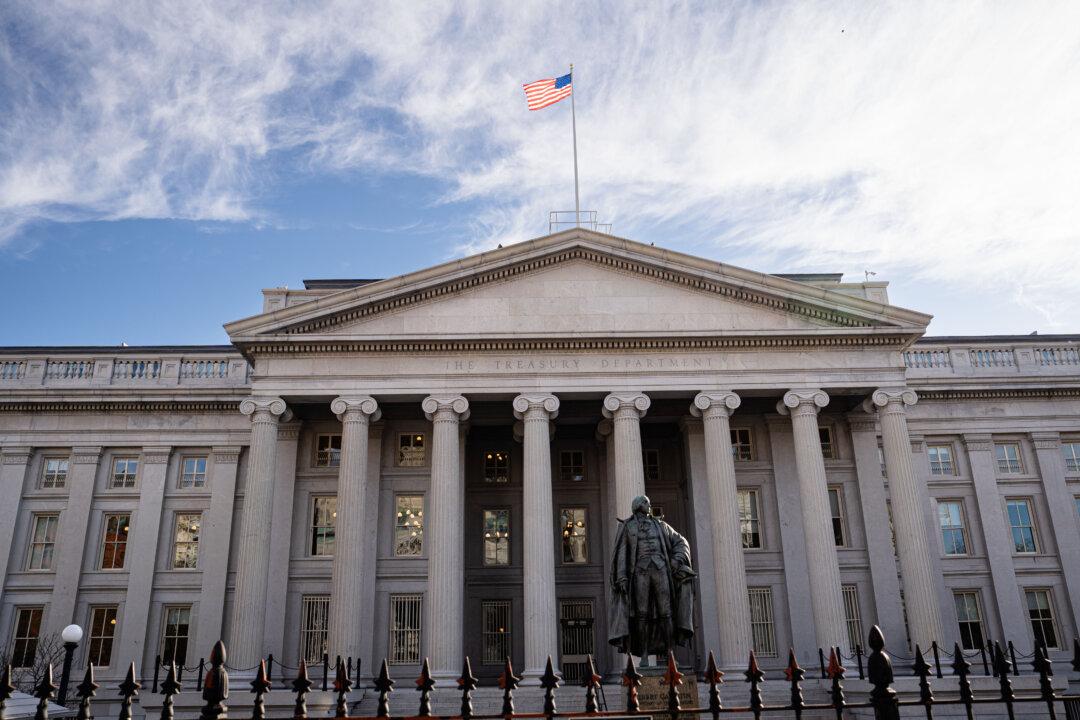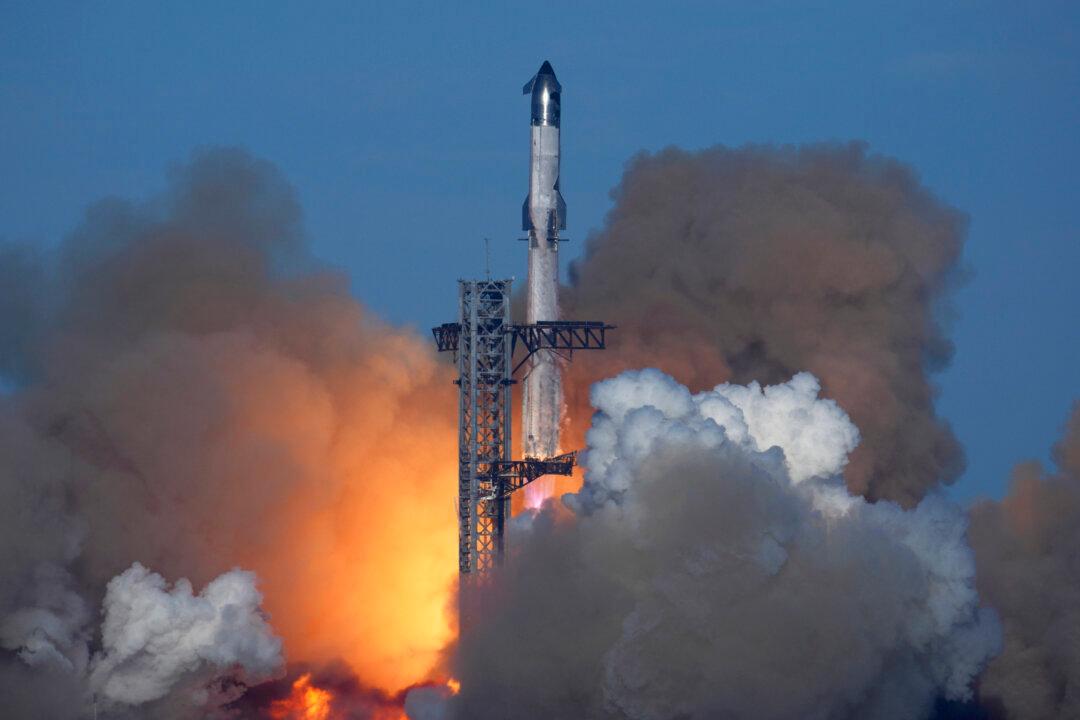South Korea and the United States stated that they'll proceed with large-scale military exercises this month, while North Korea has threatened to respond with “unprecedented” counteractions.
The 11 days of joint drills will include “live exercises with constructive simulations” focused on North Korea’s aggression and “lessons learned from current and ongoing conflicts,” USFK stated.
Participating units will include personnel from USFK, U.N. Command, subordinate commands under the U.S.-South Korea Combined Forces Command, and representatives of sending states.
“Freedom Shield is designed to strengthen defense and response capabilities of the Alliance by focusing within the exercise scenario on things such as the changing security environment, DPRK aggression, and lessons learned from recent wars and conflicts,” the allies stated, referring to North Korea by the initials of its official name, the Democratic People’s Republic of Korea.
The drills will be held concurrently with field training exercises dubbed “Warrior Shield,” which aims to bolster their military cooperation through air, sea, land, space, cyber, and special operations.
“The ROK–U.S. alliance remains at a high level of readiness and continues to maintain a robust combined defense posture,” the USFK stated, using the acronym for South Korea’s official name, the Republic of Korea.
This year’s Freedom Shield will feature field exercises on a scale not seen since 2017, when then-President Donald Trump scaled back public drills with South Korea to facilitate diplomacy with North Korea.

The two allies also held a joint air drill on March 3, involving one American B-1B strategic bomber and South Korean F-15K and KF-16 fighters, to demonstrate the U.S. extended deterrence against North Korean threats.
More North Korean Warnings
North Korea has long condemned U.S. joint drills on the Korean Peninsula as “rehearsals for an invasion” and stated that an increased presence of U.S. strategic assets in the region will push the security situation to an “extreme red line.”“If it is the U.S. option to show its muscle and counter everything with muscle, the same is true of the DPRK’s option,” the official said, according to North Korea’s official mouthpiece.
North Korea conducted a series of missile launches last year, including one involving its largest intercontinental ballistic missile, the Hwasong-17, all of which are banned under U.N. Security Council resolutions on the North’s missile program.

Inter-Korean Military Deal
Earlier this year, South Korea stated that it would consider terminating a 2018 inter-Korean military agreement after North Korea sent five drones across the Demarcation Line separating the two Koreas on Dec. 26, 2022.The incursion prompted South Korea to deploy fighter jets and fire about 100 rounds at the drones, but none were shot down while they flew over South Korean cities for hours.
“President Yoon Suk-yeol instructed the National Security Office to consider suspending the Sept. 19 military agreement in the event North Korea carries out another provocation violating our territory,” press secretary Kim Eun-hye said.
The agreement was signed by former South Korean President Moon Jae-in and North Korean leader Kim Jong Un in 2018 to end military hostilities between their nations. Termination of the agreement could result in the resumption of live-fire drills along the demarcation line.
The United States says it’s concerned about North Korea’s disregard for the 2018 inter-Korea military agreement, citing North Korea’s series of drone and missile provocations against South Korea.





